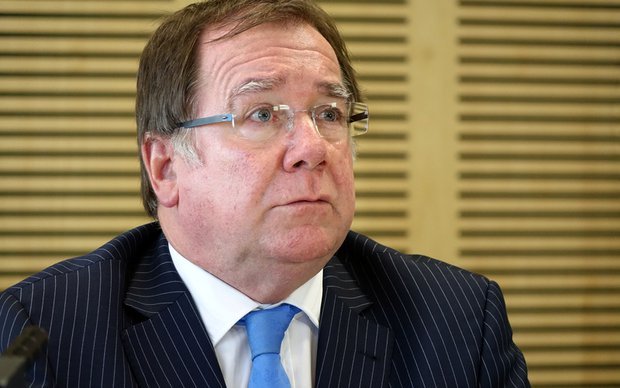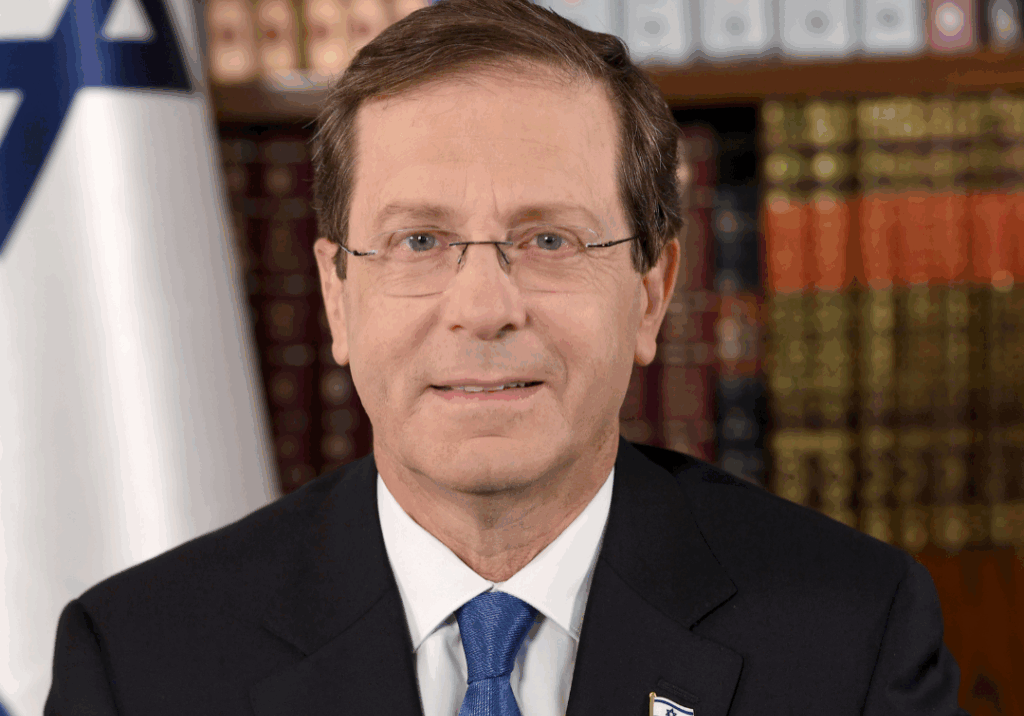Australia/Israel Review
AIR New Zealand: NZ FM disappoints community over Palestinian terrorism
Jun 2, 2016 | Miriam Bell

Israel and New Zealand’s relationship has improved in leaps and bounds in the years since the National-led government came to power in 2008. While part of the improvement is due to the return of an Israeli Embassy to Wellington, it could also be argued that New Zealand’s current leadership has played a role too.
Yet, in recent times, many in the New Zealand Jewish community have grown increasingly unsettled by the New Zealand Government’s approach to advancing the Middle East peace process.
Since New Zealand assumed its seat on the United Nations Security Council, Foreign Minister Murray McCully has raised eyebrows with some of his actions and statements regarding Israel.
He has regularly stated his desire to get Israel and the Palestinians back to the negotiating table. But, while doing so, he has repeatedly pointed to Israel’s settlement activity as the key item threatening the viability of the two state solution. Conversely, he has generally refrained from giving any specific comment on Palestinian inctitement or recalcitrance.
Now, McCully has poured fuel on the smouldering embers of dissatisfaction with aspects of an address on “Peace in the Middle East” that he gave to the Jewish community on May 18.
Speaking at the Zionist Federation-organised event, the Minister emphasised the New Zealand Government’s long-term commitment to the two-state solution and said the current impasse between Israel and the Palestinians meant issues were escalating.
While he criticised the failure of the Security Council to pass any resolution or move on the matter in seven years, he also pointed the finger at Israel. “The New Zealand Government thinks the continuation of settlements is deeply unhelpful and calculated to undermine the two state solution,” he said.
“We would never suggest that the settlement activity is an excuse in any way for some of the behaviour that we see from the Palestinians, which the New Zealand Government has always deplored. But the ongoing settlement activity is diminishing the opportunity for a two-state solution,” he added.
Yet while he strongly criticised Israel’s settlement activity, McCully was not willing to label Palestinian violence against Israel as terrorism.
Pushed on the issue by moderator Dr. David Cumin in a post-address question and answer session, the minister repeatedly said all violence was unacceptable and should be condemned. When Cumin suggested Palestinian behaviour amounted to terrorism, McCully would only say “it is violence against innocent people and it is deplorable.”
The Minister did also deplore the “unhealthy culture at the UN where there are countries that make a habit of bagging Israel at every opportunity, by any means”. He said New Zealand has made it clear that it will not have any part of that. New Zealand has also voiced its concerns about UNRWA behaviour to UNRWA itself, he added.
Zionist Federation of New Zealand President Rob Berg said it was interesting to hear the Government’s position on the situation; “But it was disappointing that the Minister refused to call the recent spate of Arab Palestinian violence, which has resulted in the deaths of innocent Israelis, what it actually is. Terrorism.”
Berg also said he was frustrated that, despite the Minister’s comments that the UN risks being a body of all talk and no action, this is exactly what he has done with respect to UNRWA; “The Minister acknowledged he has spoken to UNRWA about his displeasure with them, but surely it is time to move on from the talking and take some action, namely by withdrawing New Zealand’s funding of UNRWA?”
Prominent community member Juliet Moses said McCully’s refusal to call Palestinian behaviour terrorism was annoying, albeit predictable; “He wasn’t going to back down from what he has been saying about settlements and do an about face. But the fact that he wouldn’t express something specific about the Palestinians – rather than generally condemning the cycle of violence – was galling.”
It is all very well for McCully to say that Israel and the Palestinians just need to get back to the negotiating table and talk about things, she said, “But can he name a Palestinian influencer – be it a politician, an academic, a media figure – who will publicly say that they recognise the right of Israel to exist and who will sit down with Israel?”
New Zealand Jewish Council chairman Geoff Levy said that, under the definition of terrorism set out in New Zealand legislation, Palestinian violence constituted terrorist acts.
While he is personally critical of the Minister’s refusal to call Palestinian violence terrorist acts, he noted the Minister’s position is difficult. “He is trying to bring an accord between Israel and the Palestinian state as a member of the Security Council. He doesn’t want to alienate the various parties he wants to try and get around the table. He wants to maintain New Zealand’s reputation for an ‘even-handed’ approach,” Levy said.
All of the people spoken to for this column were disappointed by McCully’s stance, but all also commended the Minister for fronting up to speak to the community.
Tags: Israel, New Zealand






